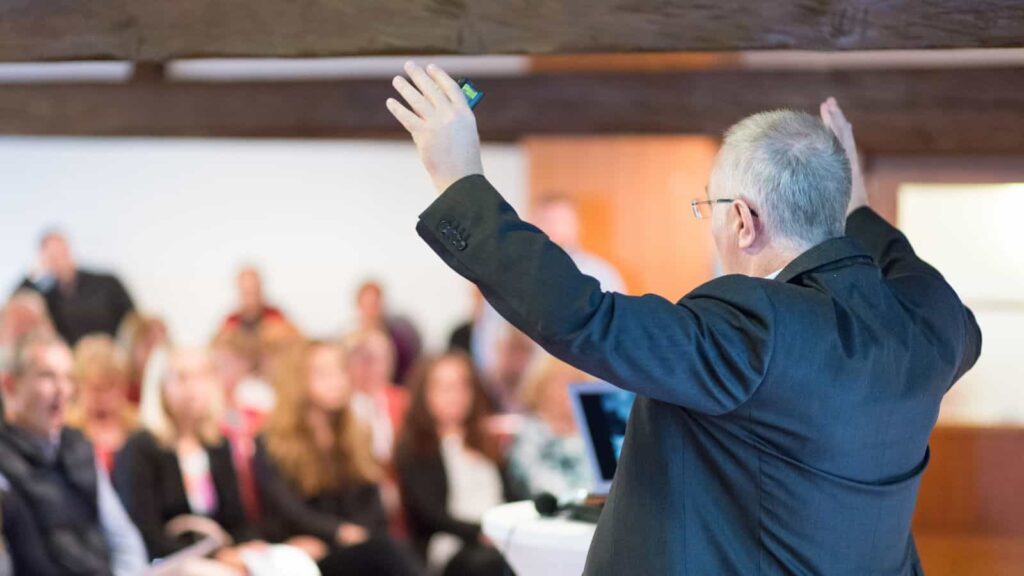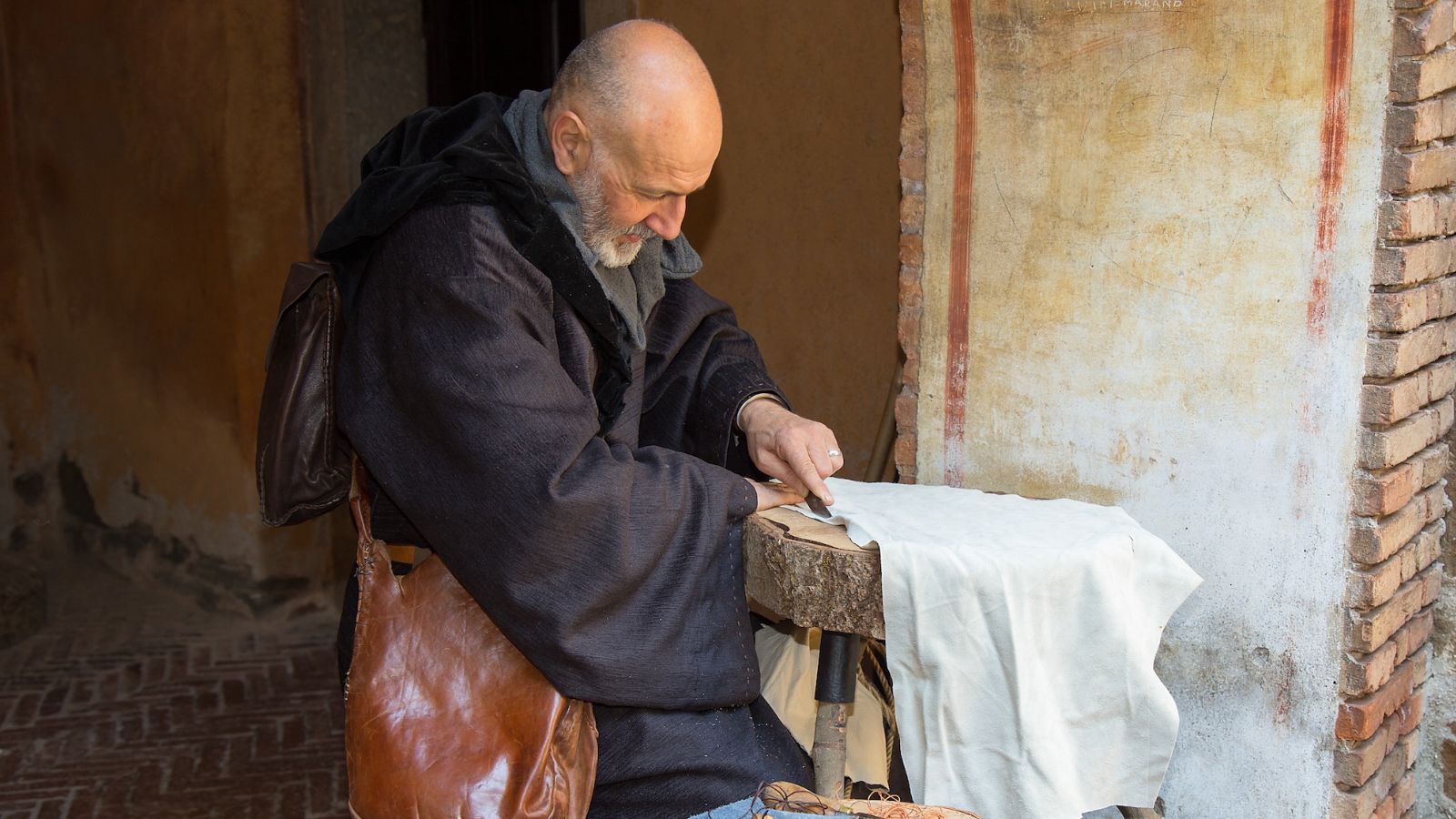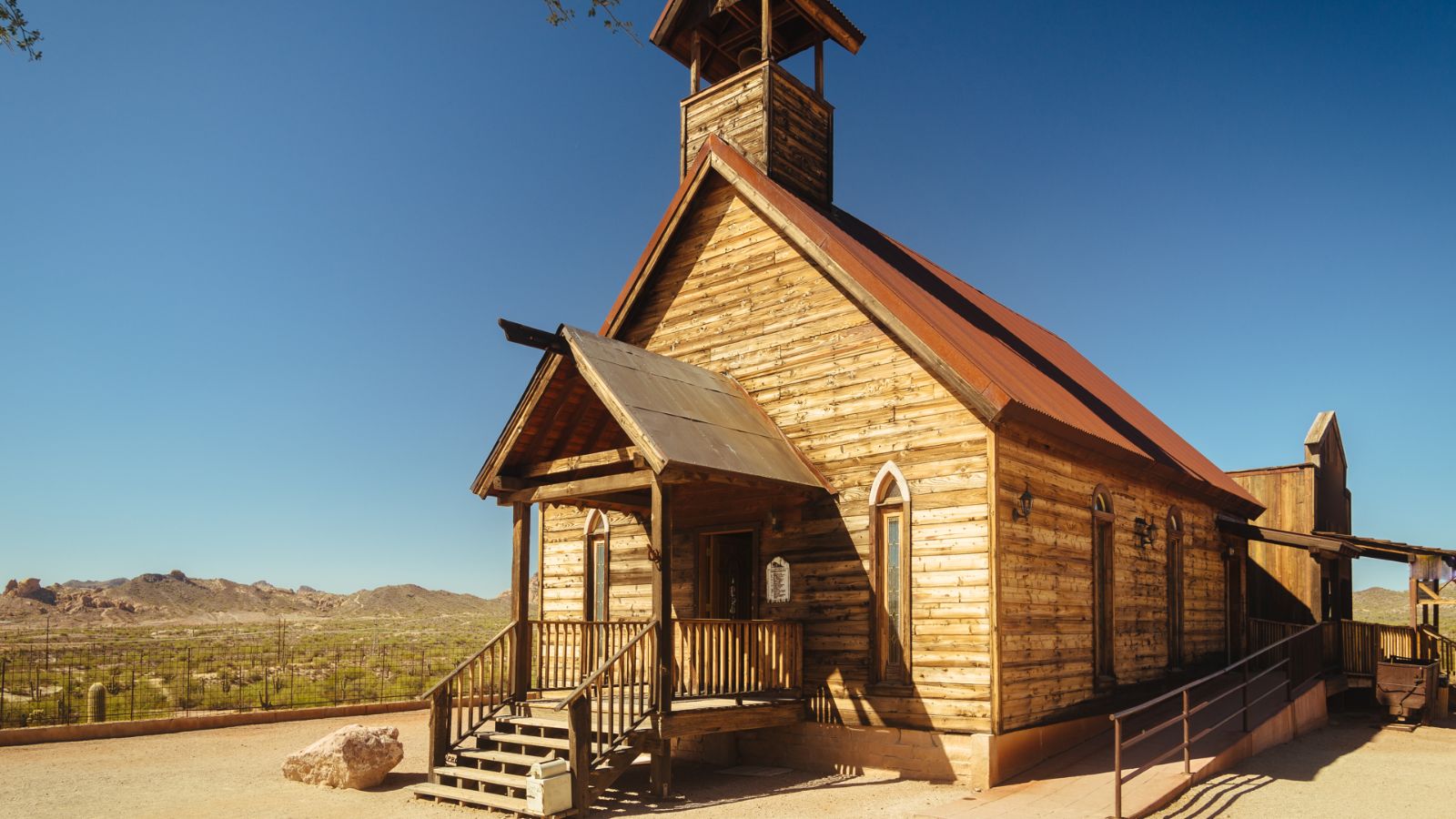Christianity in America has slowly been declining in recent years, but why is this? We’re here to explain 17 of the social, cultural, and demographic factors that are influencing this trend so you can better understand why people are deciding to put the church behind them.
Increasing Secularism

It seems that many Americans are starting to prefer secular and non-religious approaches in their daily lives. As we evolve and new generations grow, science and rational thought are becoming more popular than religious explanations—largely due to the media and educational systems promoting this.
Demographic Changes

The traditionally religious populations of the United States are getting older, and since younger generations are far less likely to affiliate themselves with any religion, this is one reason why Christianity is declining. Another is that the rising immigration of those from other religions alters the landscape.
Shifts in Values

Younger generations are passionate about inclusivity and diversity, which is often at odds with traditional religious stances. They don’t agree with Christianity’s stance on social issues such as LGBTQ+ rights and gender equality. NPR, for example, shared that 47% of respondents to a poll said that they left religion because of negative teachings and the treatment of LGBTQ people.
Rise of the “Nones”

Another reason for the decline of Christianity in the country is that there’s simply been an increase in people identifying as religiously unaffiliated, or “nones.” It seems there’s an increasing cultural shift (especially among the youth) towards personal belief systems over organized religion.
Shift in Priorities

As society evolves, so do people’s personal priorities. Many now place more importance on leisure activities, family time, relaxation, or work, which naturally competes with traditional church-going hours. These changing habits mean a significant decline in church attendance and, for some, just a complete step away from religion.
Political and Social Polarization

Unfortunately, Christianity, much like other religions, is increasingly being associated with specific political ideologies and groups. This then alienates individuals who disagree with these same ideologies or don’t support the same parties. Essentially, the political entanglements of the church are putting some people off.
Unhappy with Institutional Religion

Scandals and negative press surrounding church leadership are also causing people to step away from Christianity. As reported by the New York Times, for example, the megachurch Hillsong lost over half of its churches in just a couple of weeks following scandals, “a swift and stunning decline for one of the world’s largest and most influential evangelical churches.”
Influence of New Age and Alternative Beliefs

As of late, America has been experiencing a rise of personal, eclectic spiritual paths outside of traditional religious structures. Many people believe that “New Age” spirituality offers more individualized religious experiences. There’s also been an increasing acceptance of pluralism and multiple paths to spirituality.
Interfaith Relationships

Since more people are entering interfaith relationships and marriages, religious practices are being diluted and some individuals are leaving Christianity behind to convert to their partner’s religion. Exposure to new belief systems does naturally encourage exploration outside Christianity, of course.
Impact of Education

Increasing amounts of educational institutions are declining to teach about religion and are, naturally, teaching children and young adults about scientific and biological explanations behind the world. This leads to increased questioning of religious beliefs and skepticism along with critical analysis of religious texts.
Technological Influence

“The strong statistical connection between religious decline and various metrics of technology use is difficult to ignore,” as per the Banner. Digital media and the internet offer plenty of alternative views that challenge traditional teachings. Technology also facilitates the spread of diverse ideas and beliefs.
Desire for Authenticity and Personal Connection

The movement away from large, impersonal religious institutions in search of more intimate, community-based spiritual experiences is another driving force behind the decline of Christianity in America. People want their personal and communal needs met more authentically these days.
Economic Factors

We can’t forget economic hardships when discussing the reasons behind why Christianity isn’t as popular anymore. It seems that some churches are struggling to maintain their operations and outreach during tough times, and as people are donating less money because they’re struggling themselves, some churches are having to close.
Global Influence

Globalization also exposes Americans to a variety of religious and non-religious perspectives that they’d otherwise be none the wiser about. This interaction with worldwide cultures and religions reshapes people’s personal beliefs and impacts their perspectives on faith, leading some astray from Christianity.
Legal and Governmental Influences

The Pew Research Center says, “If recent trends in religious switching continue, Christians could make up less than half of the U.S. population within a few decades.” This could partly be due to legal rulings that continue to challenge traditional religious practices and beliefs, such as government policies that conflict with religious teachings.
Shift Toward Experience Over Doctrine

Some people out there now believe in experiencing spirituality for themselves rather than just following strict doctrine and going along with what they’re being told. They have a desire for spiritual practices that offer them real, tangible emotional and psychological benefits instead of just following a formal religious education.
Personal Trauma and Negative Church Experiences

Sadly, all too many people have experienced exclusion, abuse, or disillusionment within churches in the United States. These traumatic experiences have contributed to a loss of trust in religious institutions, even for those who haven’t experienced anything negative themselves but have simply heard about it from others.
Up Next: 18 Worrying Facts About Life in Medieval Times

The Middle Ages, also known as the medieval period, lasted from 500 AD to 1500 AD and is usually subdivided into the Early, High, and Late Middle Ages. Life in the medieval period was often brutal, with gruesome punishments, wars, and plagues. Here are 18 terrifying facts about life in the medieval period.
18 Worrying Facts About Life in Medieval Times
19 Easy Ways to Fall Back Asleep After Waking Up in the Middle of the Night

We’ve all been there—it’s dark, quiet, and you’re tired, but you’re still constantly tossing and turning, only to finally fall asleep minutes before the alarm goes off! Waking up throughout the night isn’t just frustrating; it also seriously impacts your energy levels. This article focuses on 19 scientifically proven methods that may help you drift back off more easily.
19 Easy Ways to Fall Back Asleep After Waking Up in the Middle of the Night
17 Things That Are Too Woke For Boomers

Our society is so different from what it was decades ago, and boomers don’t like much of what everyone considers normal in today’s society. In this light, here are 17 things about ‘woke culture’ that particularly make boomers uncomfortable.

